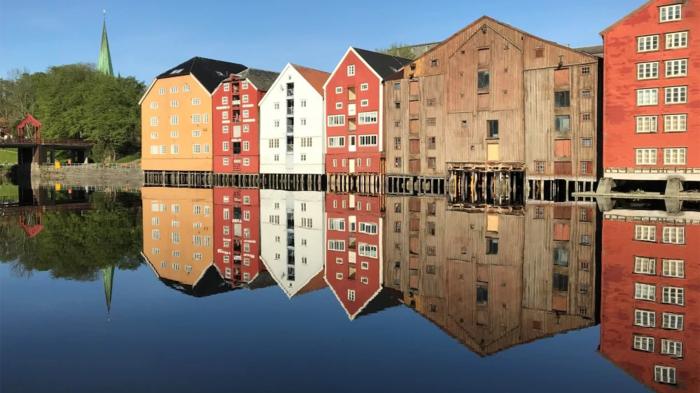Specialists from Poland, Finland, Norway, Latvia, Slovenia and Spain are joining forces to reduce carbon dioxide emissions in the construction industry and reduce the need for new raw materials. The leader of the Polish part of the Ti-ReX project is the Warsaw University of Technology.
The consortium is planning to develop a comprehensive and reproducible methodology for assessing the condition of wood used in construction. It is intended to be applicable to both entire buildings and their components. This is a step towards the creation of a European certification system for reclaimed wood, which will help to increase its use and thus reduce the consumption of valuable resources and the emission of harmful substances into the atmosphere.
Wood elements in buildings can have several uses, such as load-bearing, stabilising, fire prevention, thermal and acoustic insulation and aesthetics. Before reusing wood as a load-bearing element, its structural and fire protection properties must be verified, as sustainability requirements must not compromise safety.
Currently, no practical method is available to comprehensively assess the end-of-life performance of a wood product. This situation is about to be changed by the Ti-ReX project. The international team, coordinated by Dr Katarzyna Ostapska from the Norwegian organisation SINTEF, a graduate of the Warsaw University of Technology, has five key tasks. These include two major groups of activities: those related to timber research and those focusing on data processing.
The TiREX project (‘Strategy for intelligent assessment of the condition of recovered wood to extend the life of long-lived wood products using non-destructive testing and automated data processing’) has received funding from the ForestValue2 Call 2023, an initiative whose mission is to support forest management research.
Arkadiusz Słomczyński





